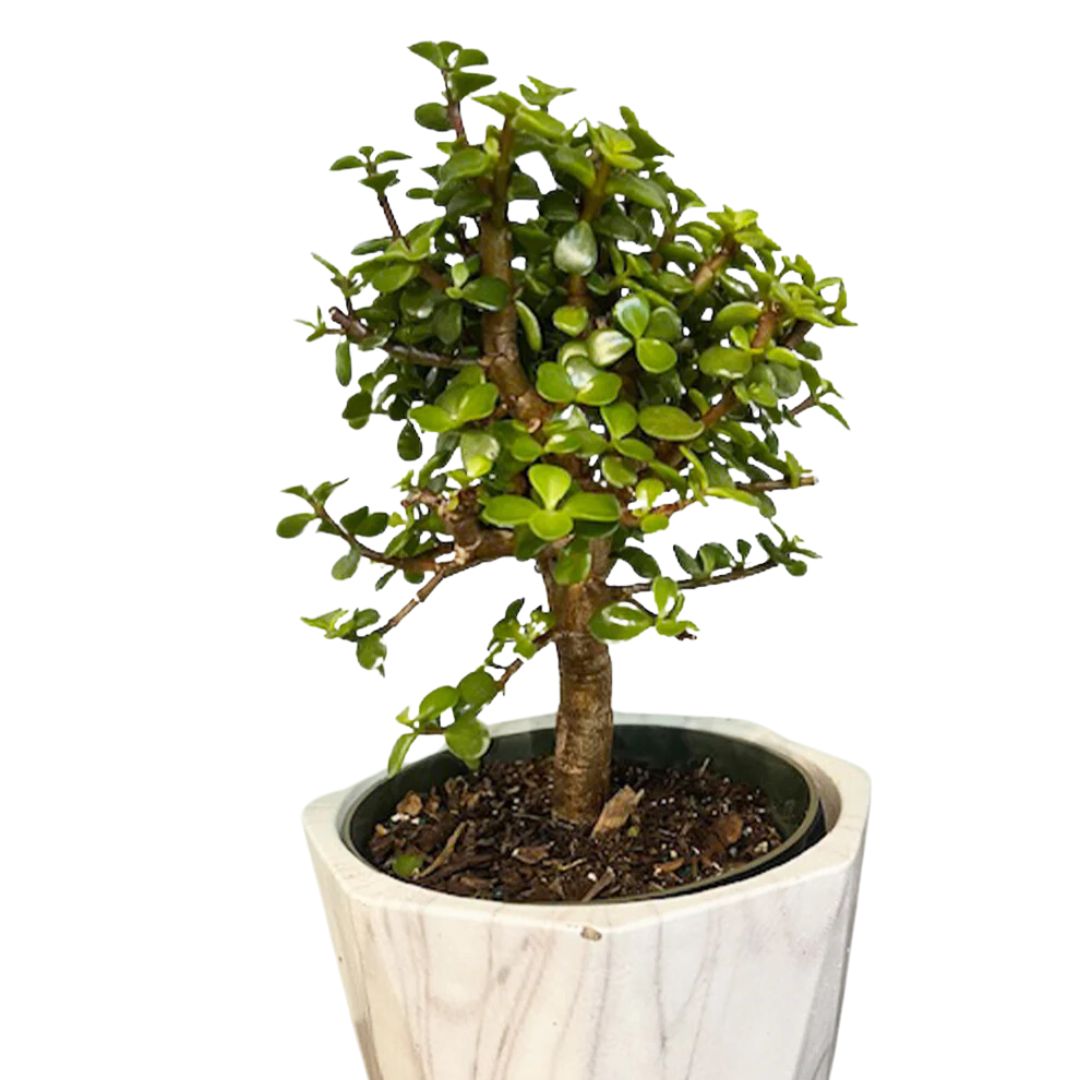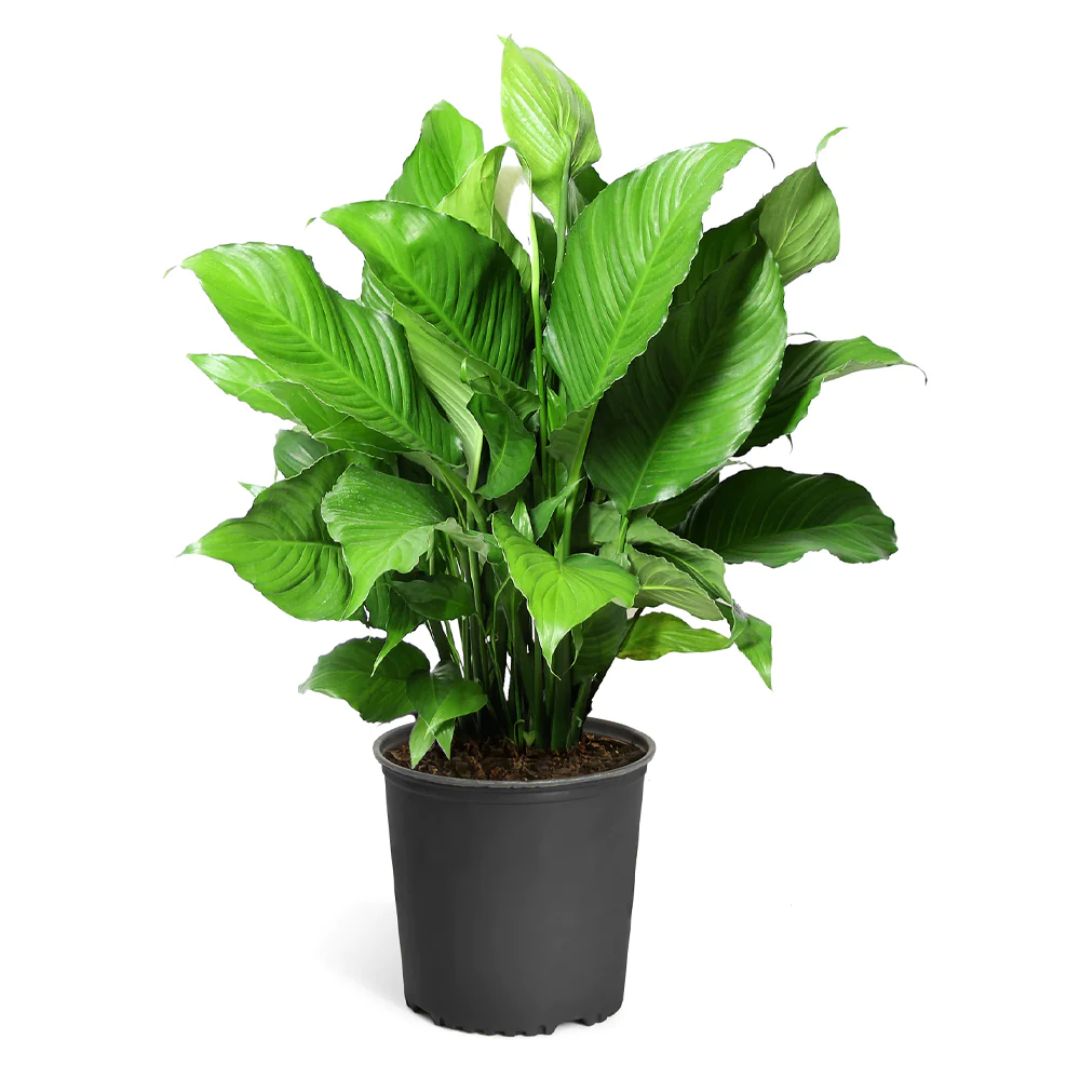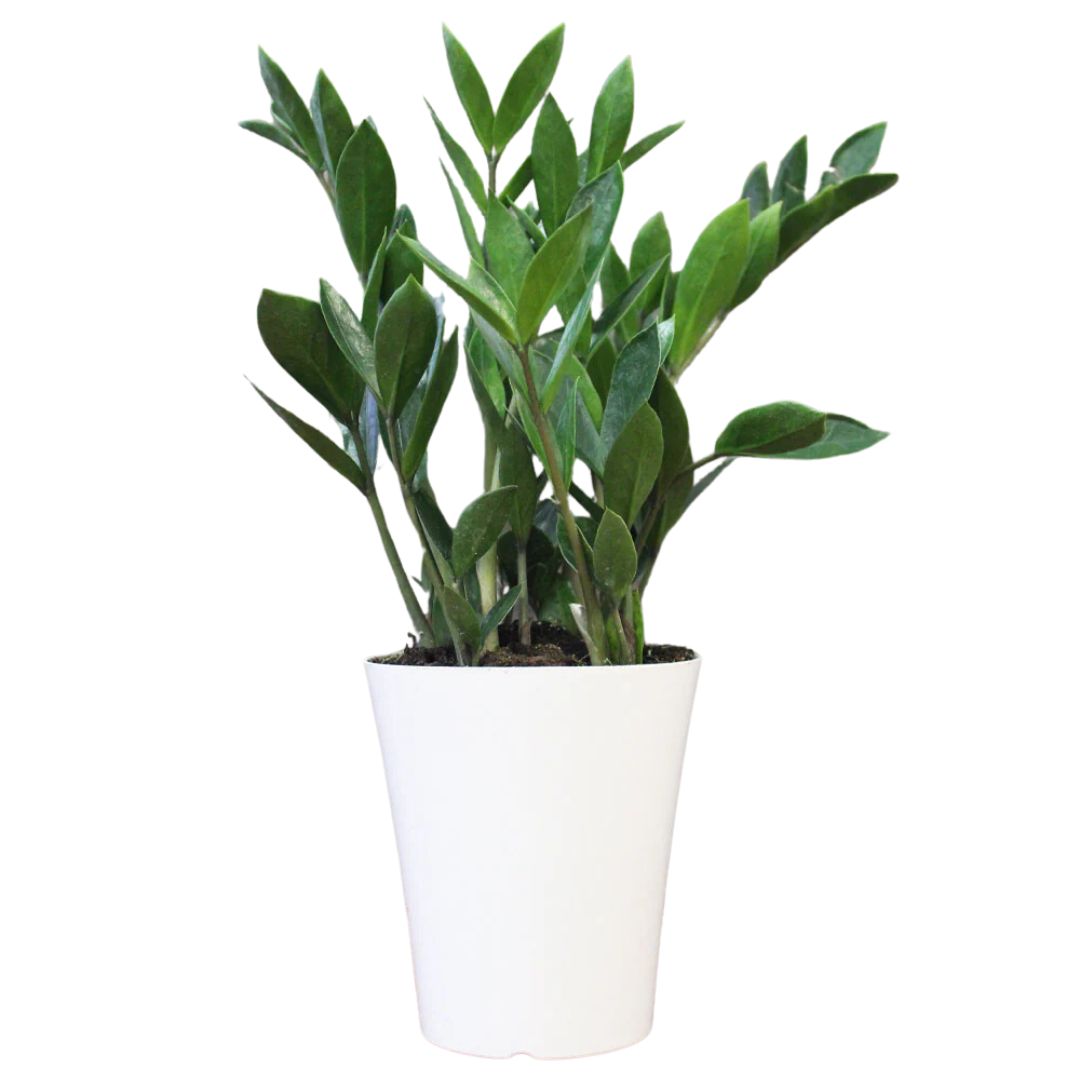4 Feng Shui Plants to Avoid — 'These Will Disturb the Qi In Your Home,' Warn Experts
Want to create a positive and happy environment at home? Make sure you avoid these plants, and choose the expert-recommended ones instead
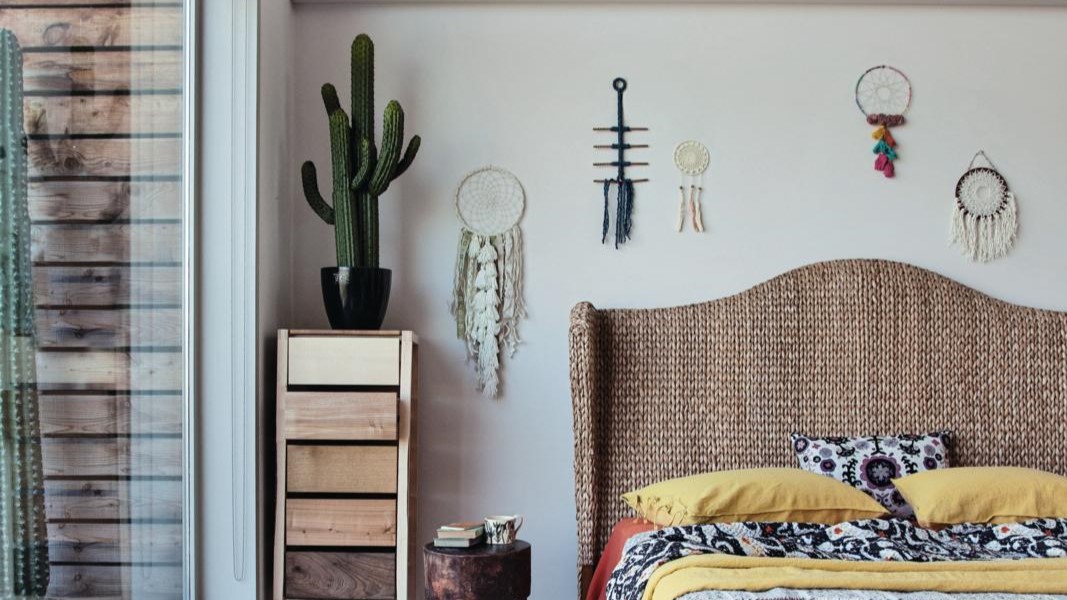

Plants not only add to the freshness and aesthetics of the home but also, as per Feng Shui, invite positivity and happiness. Healthy, leafy varieties can be nourishing for your personal energy and calm your mind. But when it comes to the best plants for good Feng Shui, there are a few you should bring home, and some you should completely avoid.
To help you pick the right Feng Shui plants, we reached out to experts. Take a look at the ones that you should probably take out of your home, and the ones that will 100% improve your bedroom, bathroom, or living room Feng Shui.
1. Yuccas
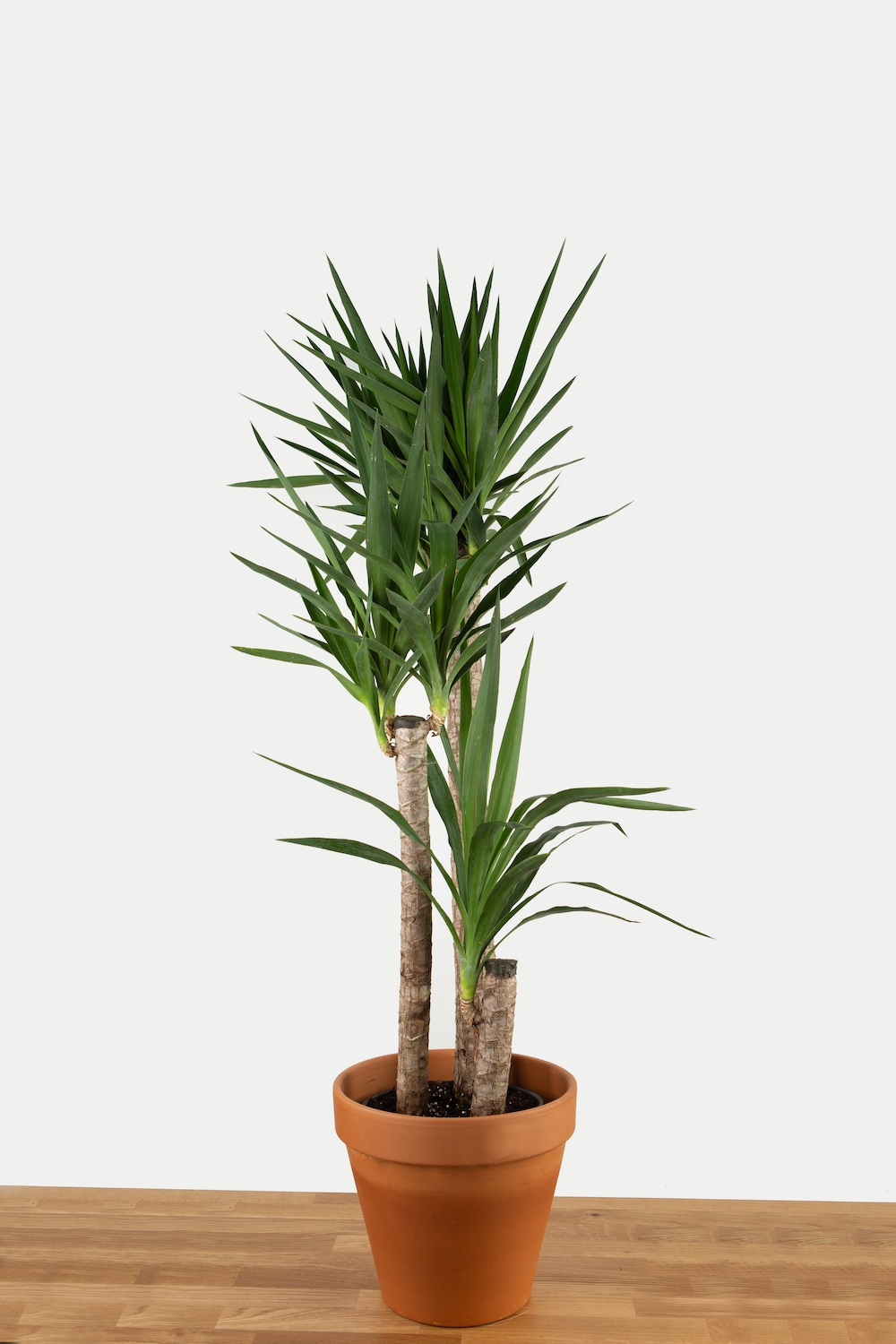
'In Feng Shui, it's essential to consider the type of energy plants bring into our spaces,' says Feng Shui master Jane Langof. 'I don’t believe that specific plants will necessarily cause bad luck, however, there are certain plants that can represent negative elements or bring inauspicious energy to a space. Generally, it's advisable to avoid excessively thorny and spiky plants that can cause injury. I tend to avoid common spiky plants like yuccas when I am trying to create an auspicious feeling in a space.'
If you're interested in decorating with plants, choose the fresher, healthier, and sculptural varieties that not only add color but also dimension to spaces.
2. Cacti
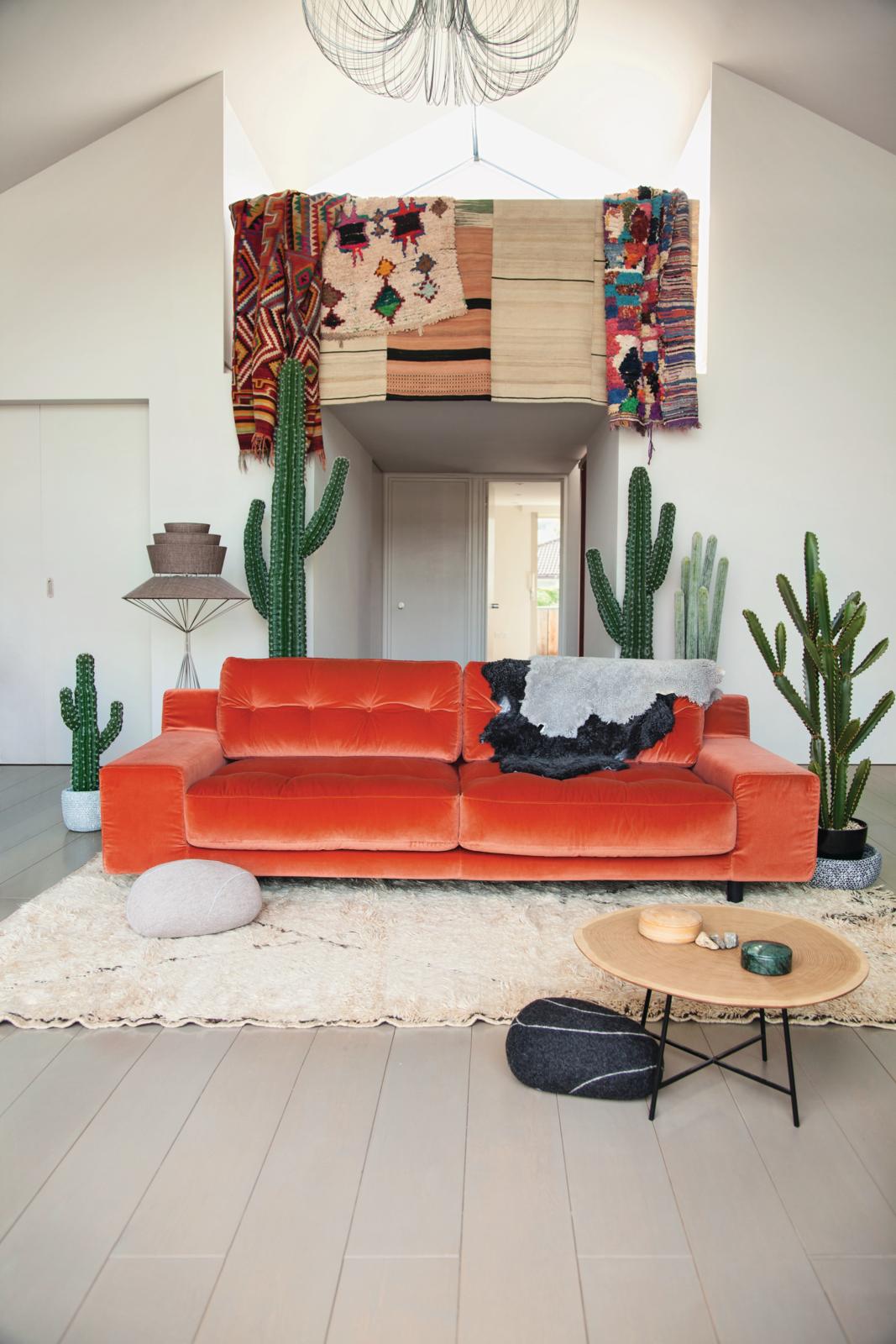
Speaking of pointy, prickly plants, cacti which are usually one of the most popular houseplants get a bad rep when it comes to Feng Shui. It is advised to stay away from this variety altogether.
However, if you do love this plant, and feel it adds to your home's aesthetic, Feng Shui consultant and educator, Laura Morris has a solution: 'As a general rule, you want to be mindful about where you place a spiky or pointy leaved plant. Try to avoid placing them next to your bed or in the partnership area of your home.'
3. Dried flowers and dying plants
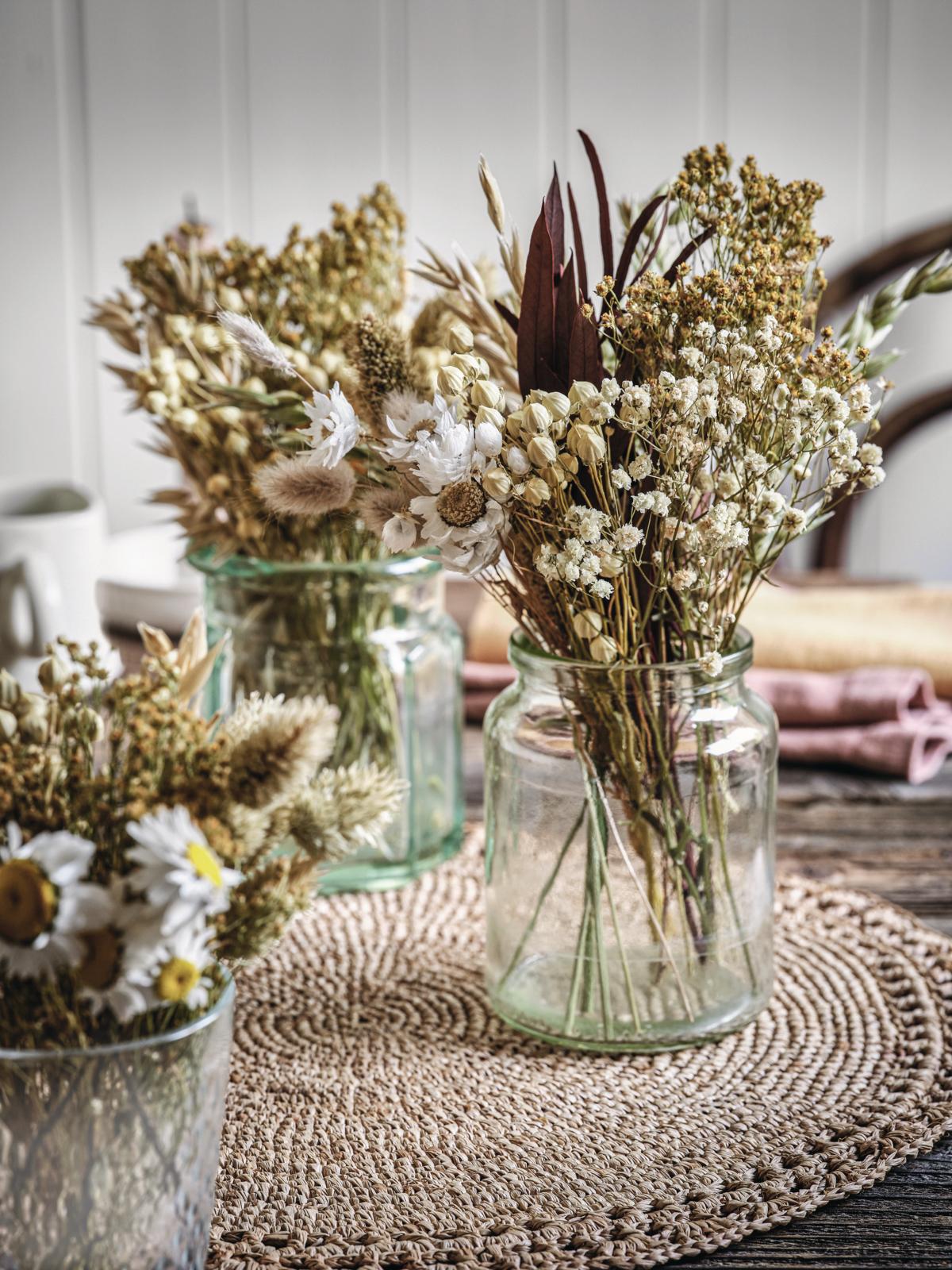
Another big consideration is to avoid bringing in plants that represent stagnant energy. So while you might love dried flowers, dried eucalyptus, or driftwood, it's best to leave these outside as these may restrict the flow of qi.
'Plants that appear dry or dead, or those that are dried (dried flowers), should be avoided because they emanate a sense of stagnant or 'dead' energy, which is counterproductive in Feng Shui,' says Jane.
4. Artificial plants
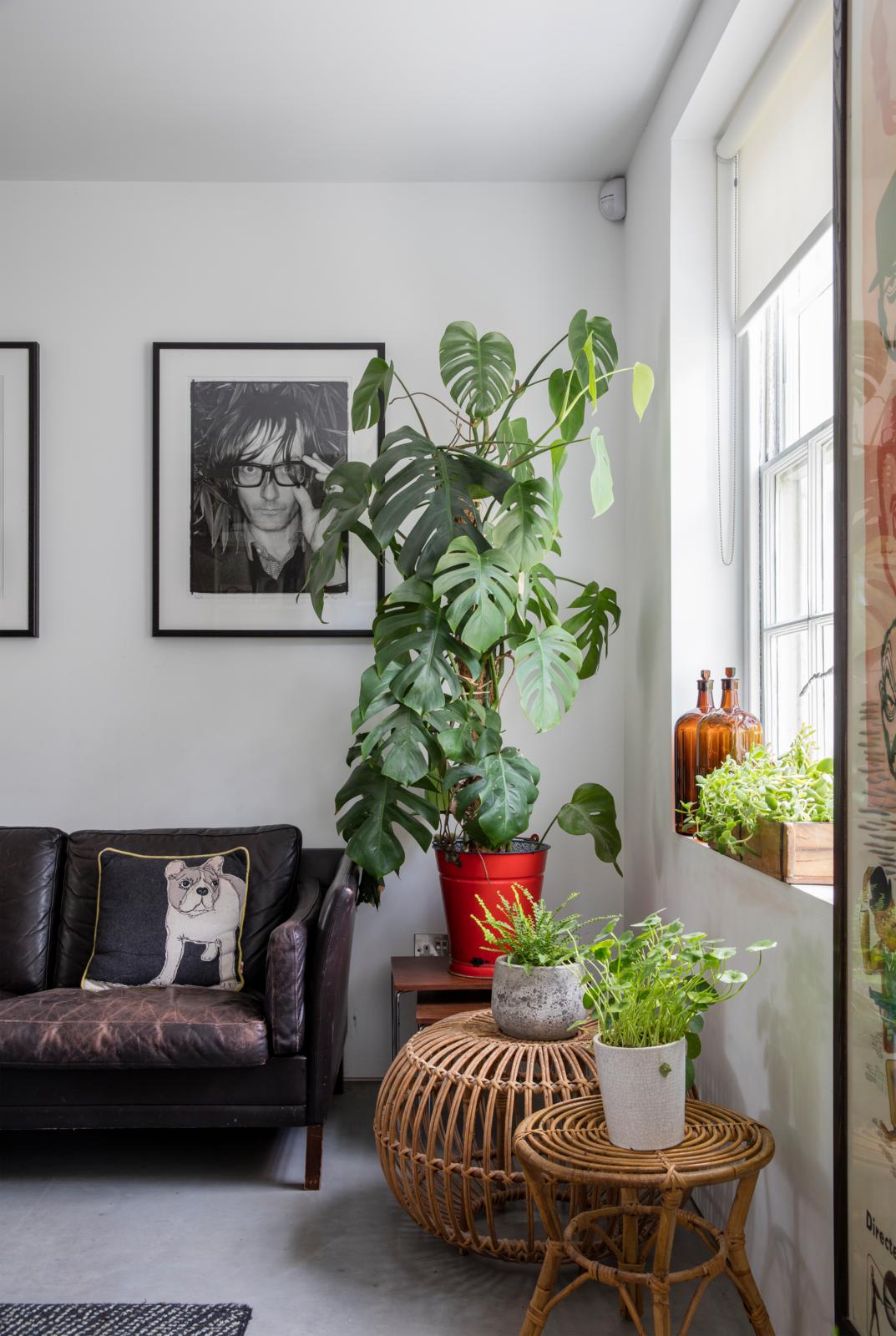
And finally, while many of us turn to artificial plants as the answer to low maintenance plants for indoor gardening, the fact is that as per Feng Shui, these are major energy blockers.
'Artificial plants are generally not recommended as they are inauthentic, pretending to be something they're not, which can affect the energy in a space negatively,' says Jane. 'If you love artificial plants, they must be kept clean of dust and grime.'
Positive plants as per feng shui
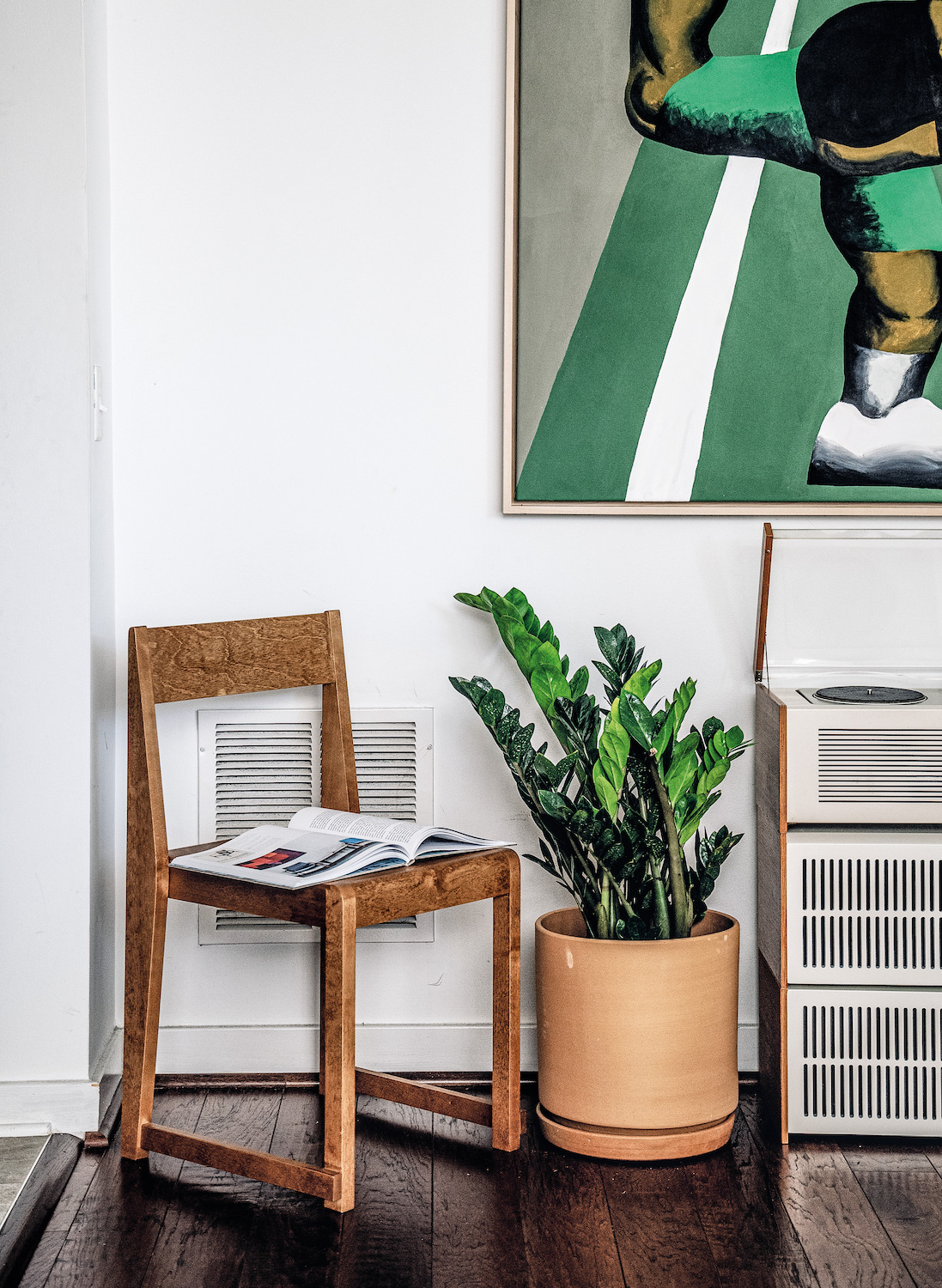
'Overall any plant will create a positive impact in your space because they lift the qi and bring in vital wood energy,' says Laura. 'Plants should be healthy and happy. Choose a plant that is easy to care for like a ZZ plant or pothos as these cultivate kindness and compassion. Nurturing a low maintenance plant will create ease and contentment.'
'Some plants that are associated with good luck include the Treasure Fern (Zamioculcas Zamiifolia), Happy Plant (Dracaena Fragrans), Lucky Bamboo (Dracaena Sanderana), Jade Plant (Crassula Ovata), The Money Plant (Philodendron Scandens), and Peace Lilies (Spathiphyllum Wallisii),' says Jane. 'Peace lilies are very hardy plants and also excellent at purifying the indoor air. They are regarded as auspicious in Feng Shui, contributing positively to the energy of the space.'
These apart, another plant trend is to bring in tall, majestic indoor trees that create an indoor-outdoor environment, boosting the home's energy.
3 plants to boost the qi in your home
Be The First To Know
The Livingetc newsletters are your inside source for what’s shaping interiors now - and what’s next. Discover trend forecasts, smart style ideas, and curated shopping inspiration that brings design to life. Subscribe today and stay ahead of the curve.

Aditi Sharma Maheshwari started her career at The Address (The Times of India), a tabloid on interiors and art. She wrote profiles of Indian artists, designers, and architects, and covered inspiring houses and commercial properties. After four years, she moved to ELLE DECOR as a senior features writer, where she contributed to the magazine and website, and also worked alongside the events team on India Design ID — the brand’s 10-day, annual design show. She wrote across topics: from designer interviews, and house tours, to new product launches, shopping pages, and reviews. After three years, she was hired as the senior editor at Houzz. The website content focused on practical advice on decorating the home and making design feel more approachable. She created fresh series on budget buys, design hacks, and DIYs, all backed with expert advice. Equipped with sizable knowledge of the industry and with a good network, she moved to Architectural Digest (Conde Nast) as the digital editor. The publication's focus was on high-end design, and her content highlighted A-listers, starchitects, and high-concept products, all customized for an audience that loves and invests in luxury. After a two-year stint, she moved to the UK and was hired at Livingetc as a design editor. She now freelances for a variety of interiors publications.
-
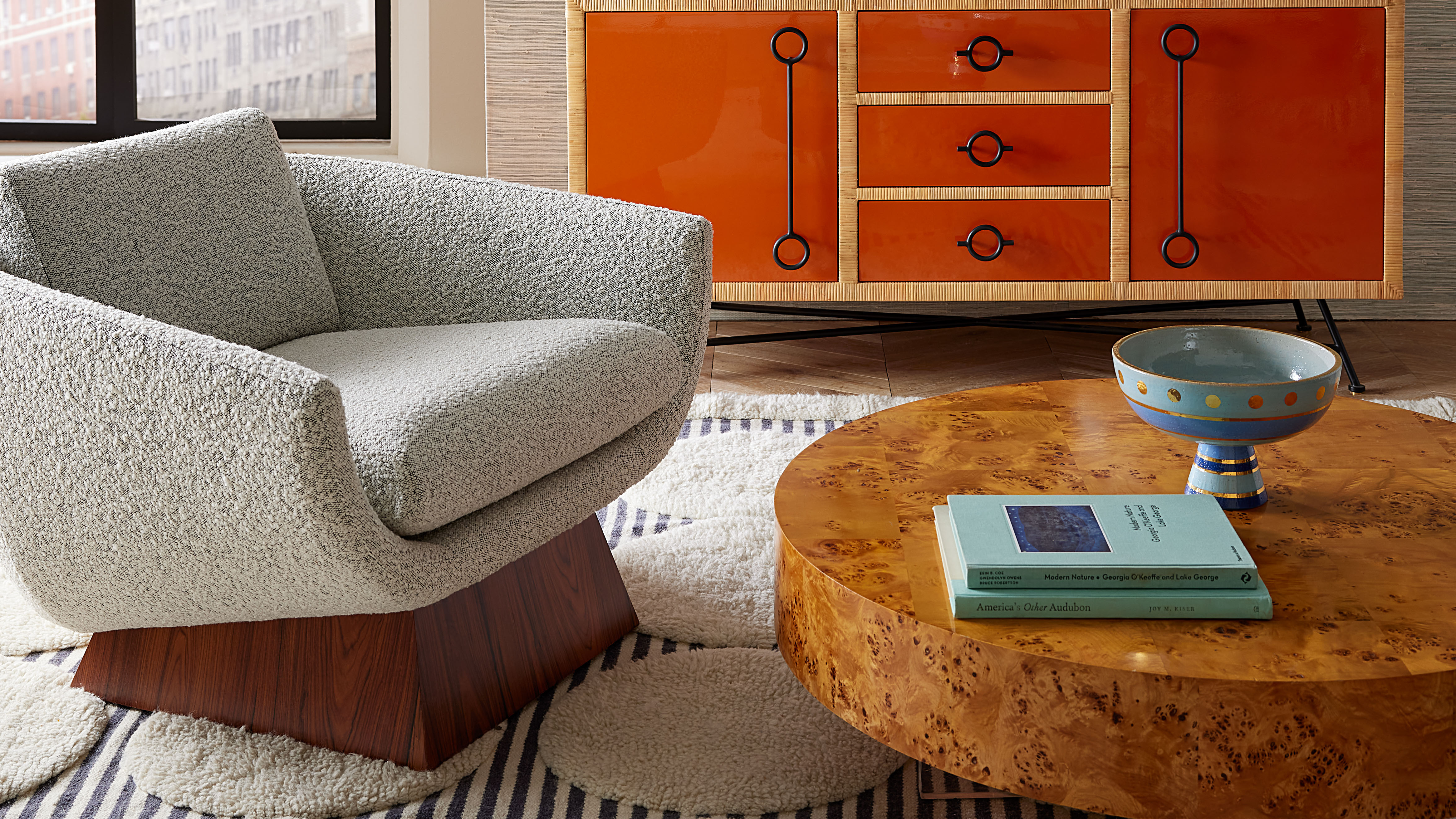 Burl Wood Decor Is 2025’s Most Coveted Comeback — Here’s How to Get the Storied Swirls for Less
Burl Wood Decor Is 2025’s Most Coveted Comeback — Here’s How to Get the Storied Swirls for LessIrregularity is the ultimate luxury, but you don’t need an antiques dealer to find it
By Julia Demer Published
-
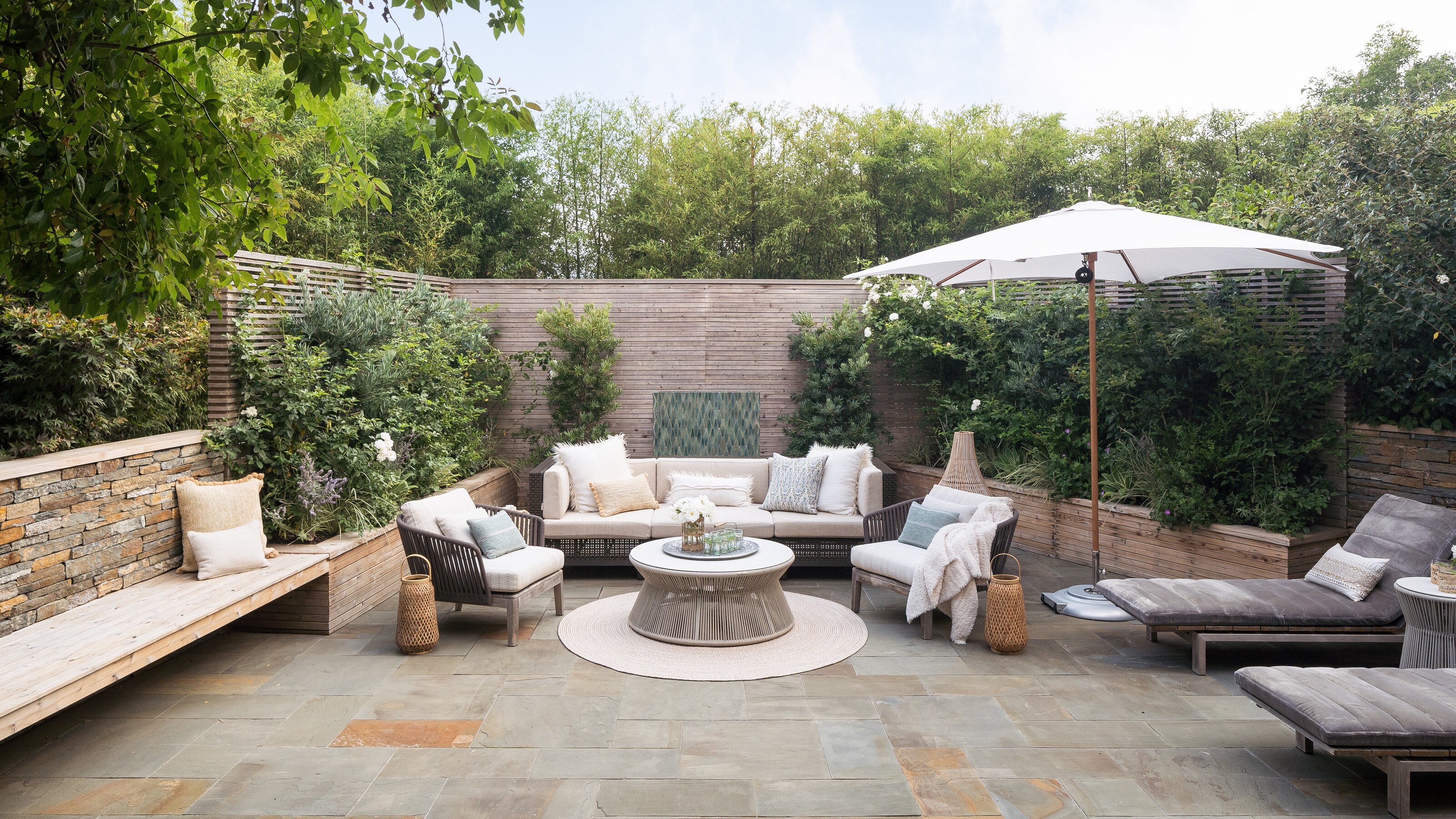 5 Garden Features That Instantly Add Value to Your Home — While Making Your Outdoor Space More Practical, too
5 Garden Features That Instantly Add Value to Your Home — While Making Your Outdoor Space More Practical, tooGet to know all the expert tips and tricks for making your backyard a standout selling point for your home.
By Maya Glantz Published
